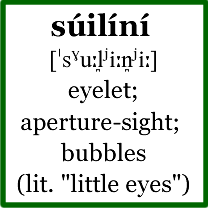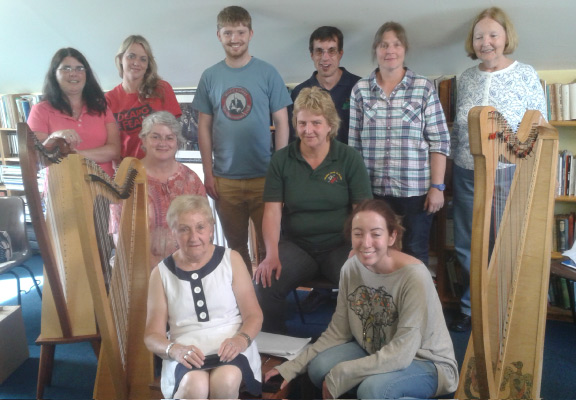People who enjoy learning languages, travelling, learning about different cultures and/or meeting people from different countries tend to be more open to difference, and more tolerant. At least that is my experience. While other people might be more inclined to fear the different and the foreign.
In UK schools the most widely-taught languages are French, German and Spanish [source]. Other languages, such as Italian, Russian, Mandarin and Japanese are also taught, but they are less common. Many British people go on holiday to France or Spain, so the ability to speak French or Spanish might be useful for a few weeks each year. The rest of the time these languages aren’t all that useful, unless you have lots of French, German or Spanish-speaking friends, or you end up living or spending a lot or time in a country where they’re spoken.
I’m not saying that these languages aren’t worth learning – all languages are worth learning, as far as I’m concerned. However, might it be a good idea if schools started also teaching languages that are actually spoken in their local areas? Languages like Urdu, Punjabi, Bengali, Arabic, Polish, Cantonese and so on. Pupils could use what they’re learning regularly, and maybe by learning more about the communities that speak these language, any fear and suspicion they have of the other and the foreign would diminish.

